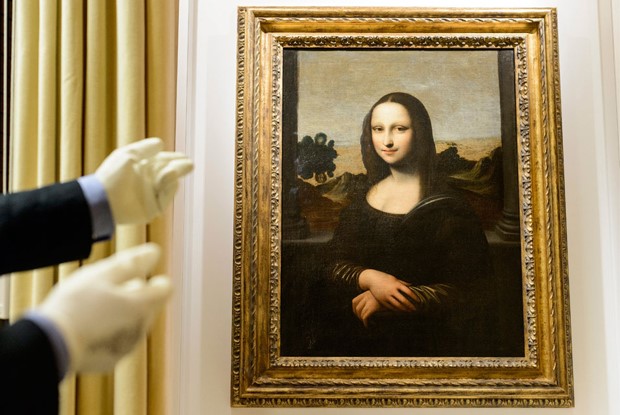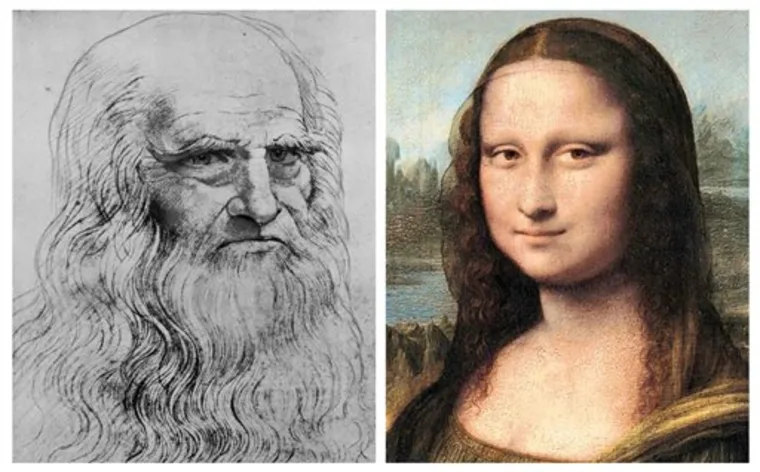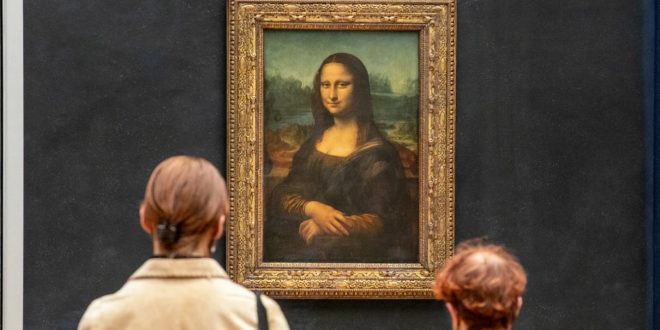Introduction
The enigmatic smile, the captivating gaze, the timeless allure—these are just a few facets of the “Mona Lisa.” But why is the Mona Lisa so famous?
Beyond its artistic brilliance, the “Mona Lisa” has become a cultural icon, captivating audiences worldwide for centuries. In this exploration, we delve into the intricate history and enduring mystique surrounding the painting, uncovering the secrets behind its unparalleled fame. From its humble origins in Renaissance Italy to a daring heist that thrust it into the international spotlight, the story of the “Mona Lisa” is as captivating as the enigmatic smile it immortalizes. Join us on a journey to unravel the mystery of why the “Mona Lisa” continues to mesmerize and intrigue generations of admirers across the globe.
As the sun cast its first light over Paris on August 21st, 1911, Vincenzo Peruggia carefully removed Leonardo da Vinci’s “Mona Lisa” from the wall of the Louvre and descended the back stairs. His route to freedom, however, faced a dual challenge: a locked door and approaching footsteps. Clutched under Perugia’s arm was the now-iconic painting, considered one of the world’s most famous today. But how did it attain such status?
Leonardo’s Masterpiece; The famous Mona Lisa
Leonardo initiated the portrait in 1503, commissioned by a Florentine businessman desiring a portrayal of his wife, Lisa Gherardini. Despite over a decade of work, the painting remained unfinished at Leonardo’s death. Beyond its artistic merits, the “Mona Lisa” embodies Leonardo’s innovative studies in human optics, employing techniques like “atmospheric perspective” and “sfumato” to create depth and subtle color gradations.

From Renaissance Portrait to Global Icon
While many scholars recognize the painting as an outstanding Renaissance portrait, its ascent to global fame transcended the canvas. King François the First of France acquired the artwork, and Giorgio Vasari’s influential biography of Italian Renaissance artists, including Leonardo, contributed to its renown. Displayed in Napoleon’s bedroom, the painting later graced the Louvre, captivating visitors eager to witness the former treasures of deposed aristocracy.
Heightening Allure and Mystique
During the 1800s, European scholars heightened the “Mona Lisa’s” allure, attributing an almost mythical quality to its subject. Alfred Dumesnil in 1854 described her smile as “treacherously attractive,” Théophile Gautier emphasized “mocking lips” and a gaze promising “unknown pleasures” in 1855, and Walter Pater praised her as the embodiment of timeless feminine beauty in 1869.
The 20th Century Turning Point
By the 20th century, the painting achieved iconic status within the Louvre, but it wasn’t yet a household name. The turning point came in 1911 when Perugia, contracted to make protective cases for the Louvre, executed a daring heist. Locked inside, he seized the opportunity to take the “Mona Lisa.” The theft made international headlines, drawing attention to the painting’s absence.
The Aftermath and Endurance
Perugia, after concealing the masterpiece for two years, returned it to Italy with the intention of selling it as an act of patriotism. However, he was promptly arrested. The resolution of the mystery catapulted the “Mona Lisa” back into the public eye, attracting large crowds and media attention.
In the ensuing decades, the painting became a target for various incidents, from conceptual artist Marcel Duchamp’s mockery to Nazi art theft attempts. Nat King Cole even sang about it, and the “Mona Lisa” endured attacks with stones, paint, acid, and teacups. Protected by a bulletproof, earthquake-safe case, the painting stands today not just as a Renaissance masterpiece but as a testament to the creation and maintenance of celebrity over more than 500 years.

Conclusion: Unraveling the Mystique of the “Mona Lisa”
In unraveling the mystique of the “Mona Lisa,” one question persists: why is this portrait so famous? Through centuries of admiration, scrutiny, and even controversy, the “Mona Lisa” has held a unique position in the annals of art history. Its enigmatic smile and captivating gaze have transcended time and culture, captivating audiences worldwide. The enduring fame of the “Mona Lisa” lies in its ability to evoke emotions, spark curiosity, and provoke contemplation. As we bid farewell to this timeless masterpiece, we are left with a profound appreciation for its lasting impact on the human imagination, reminding us of the power of art to transcend boundaries and inspire wonder for generations to come.
 Arab24 اخر اخبار الوطن العربي
Arab24 اخر اخبار الوطن العربي




